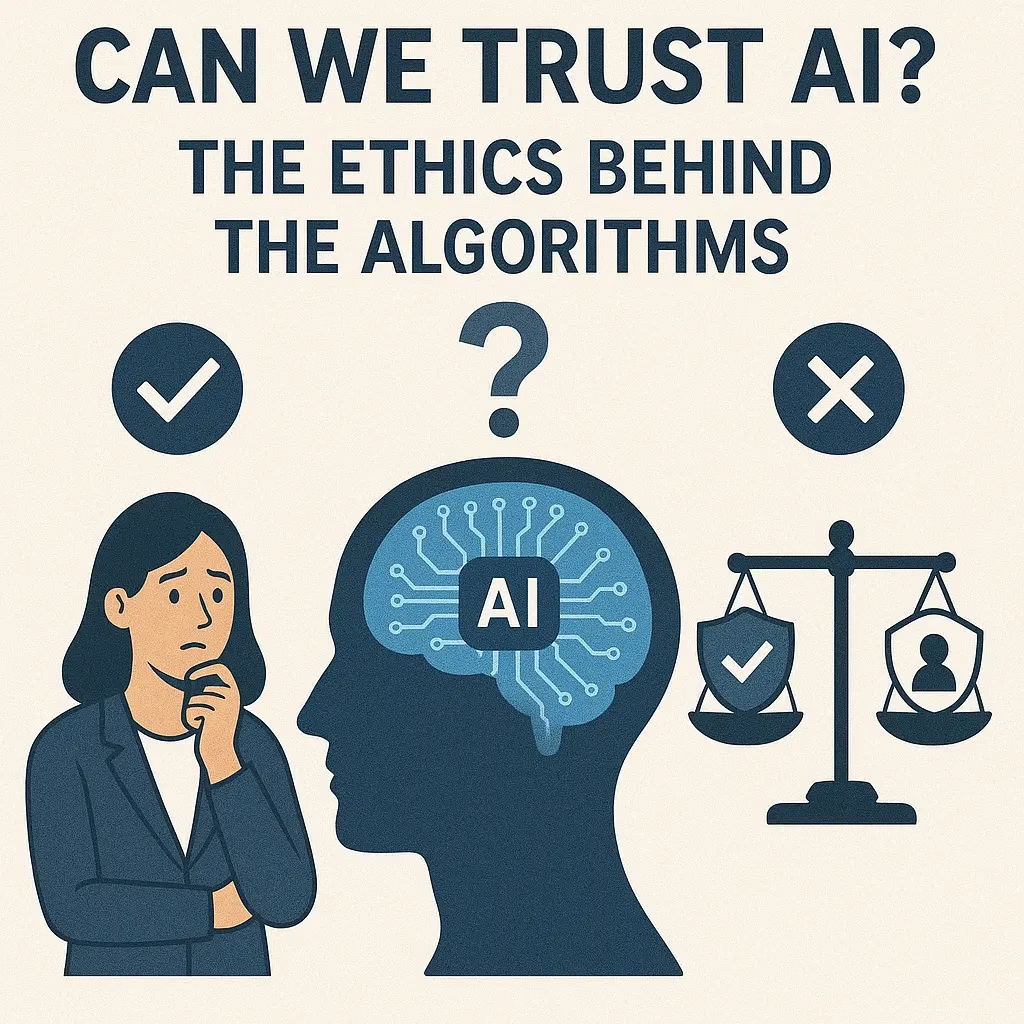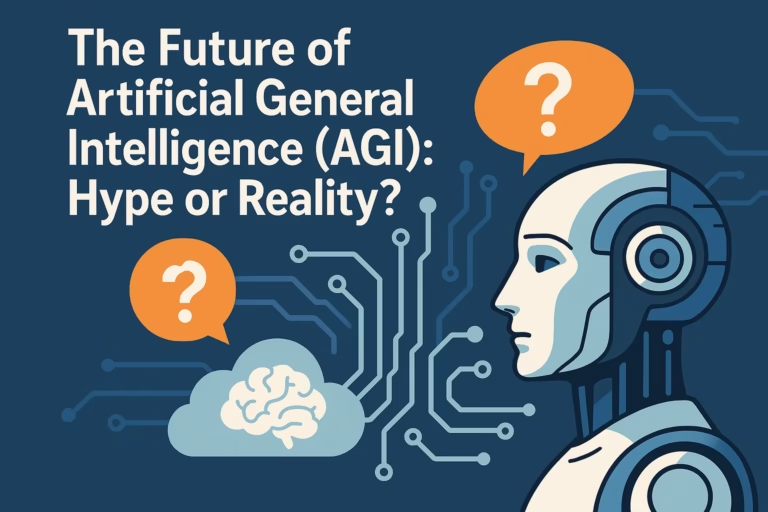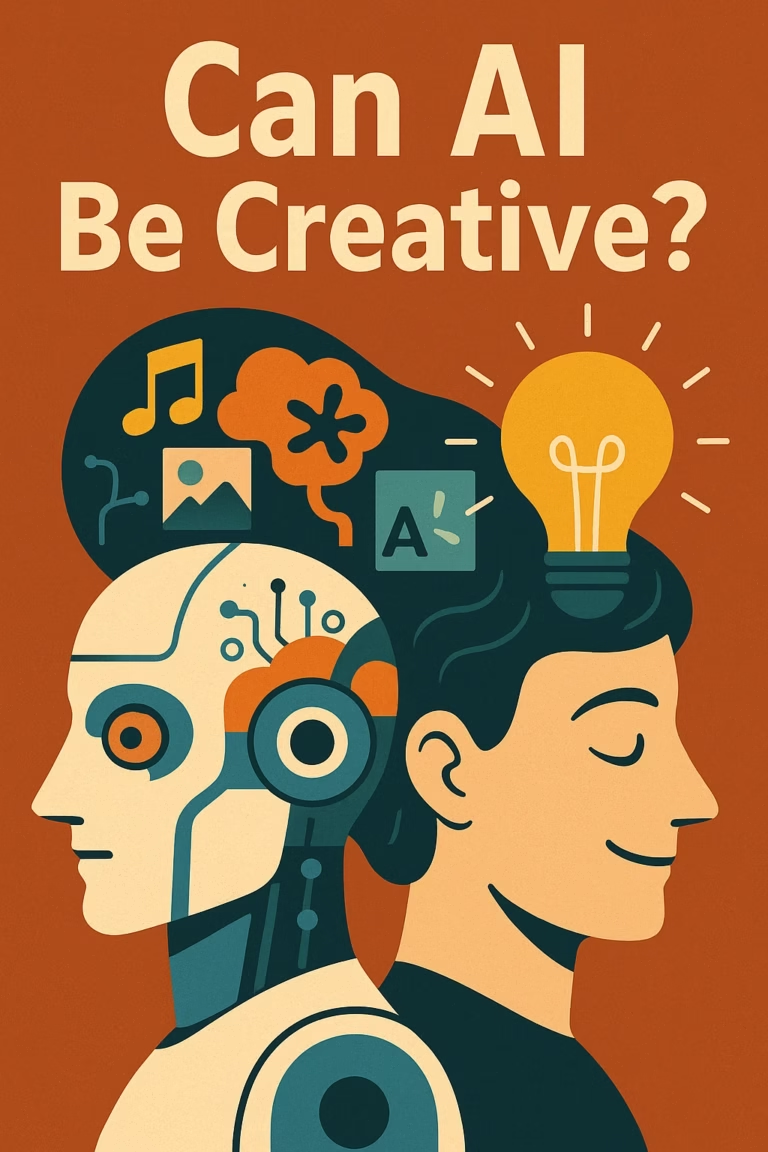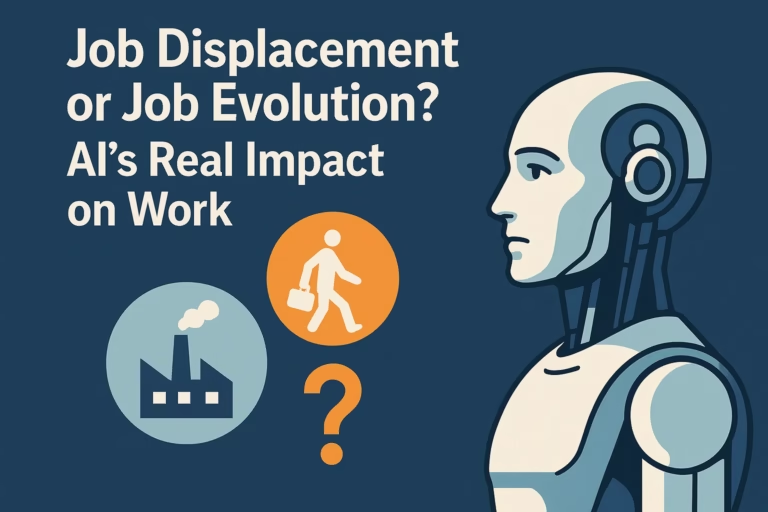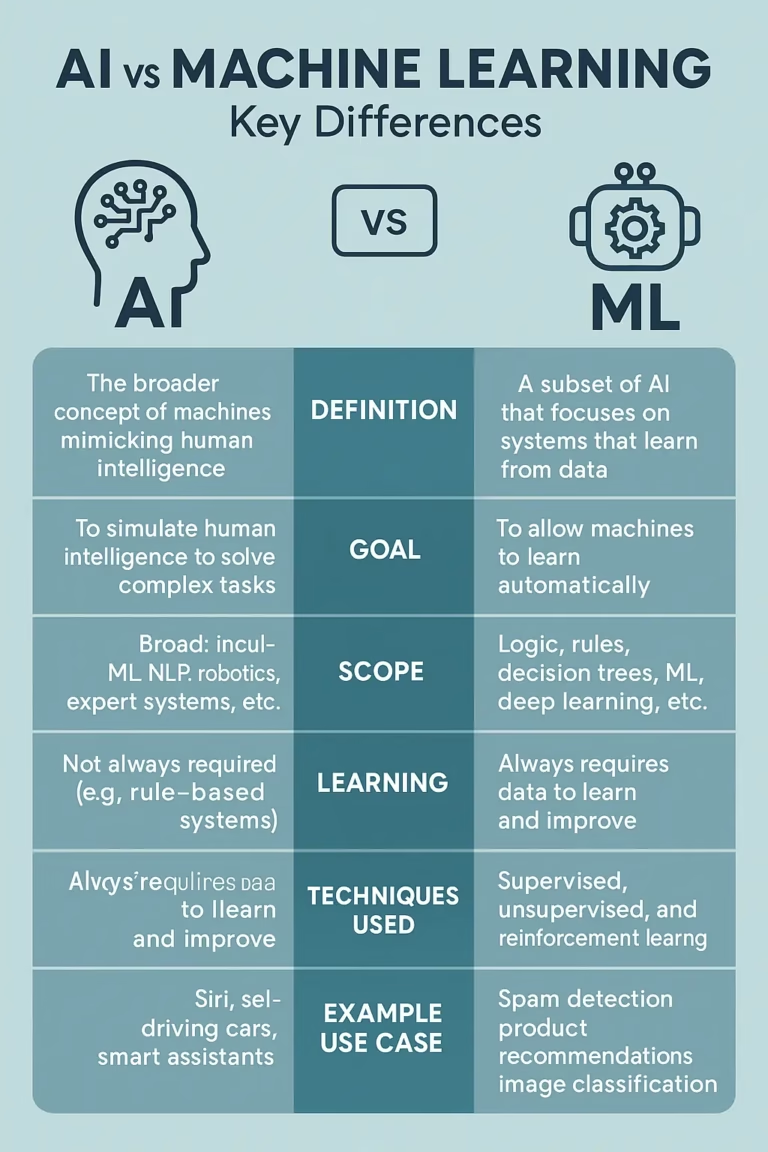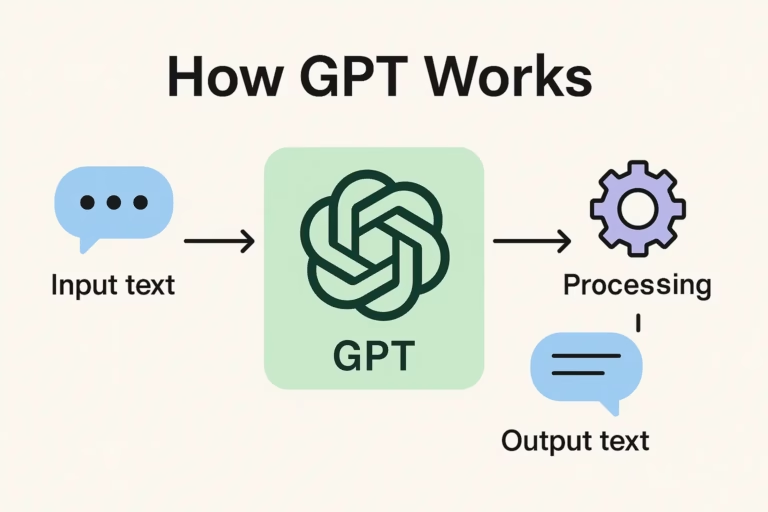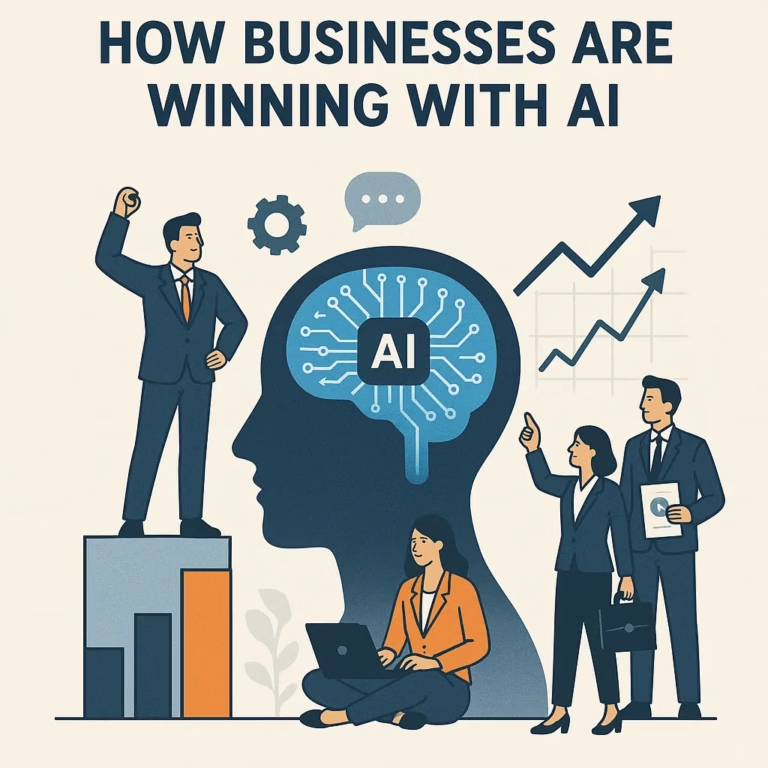Can We Trust AI? The Ethics Behind the Algorithms
Artificial Intelligence is no longer a futuristic concept—it’s embedded in our lives. From personalized recommendations and facial recognition to autonomous vehicles and generative chatbots, AI is everywhere. But as it becomes more powerful, the question looms larger than ever: Can we trust AI? Let’s explore the ethics behind the algorithms that are shaping our world….
Artificial Intelligence is no longer a futuristic concept—it’s embedded in our lives. From personalized recommendations and facial recognition to autonomous vehicles and generative chatbots, AI is everywhere. But as it becomes more powerful, the question looms larger than ever:
Can we trust AI?
Let’s explore the ethics behind the algorithms that are shaping our world.
What Do We Mean by “Trusting AI”?
Trusting AI isn’t just about whether it works—it’s about how it works, why it makes decisions, and whether those decisions are fair, safe, and transparent.
Some core concerns include:
- Bias in AI decision-making
- Lack of transparency (the “black box” problem)
- Data privacy
- Autonomy and control
- Accountability when things go wrong
The Ethical Challenges of AI
1. Bias and Discrimination
AI systems learn from data—and data reflects human history, complete with all its biases. This means AI can (and does) replicate or amplify discrimination, particularly in areas like:
- Hiring
- Lending
- Policing
- Healthcare
If the training data is biased, the AI will likely be biased too.
2. The Black Box Problem
Many AI models, especially deep learning systems, are not easily explainable. Even the developers sometimes can’t fully trace how an AI made a specific decision.
This raises serious concerns in high-stakes environments like:
- Criminal justice
- Finance
- Medical diagnoses
We need explainability—not just accuracy.
Related: The Rise of Generative AI: What It Means for Creators
3. Data Privacy
AI relies on massive datasets—often collected from users without explicit consent. Think:
- Social media activity
- Voice recordings
- Location tracking
- Shopping habits
This brings up questions like:
- Who owns your data?
- How is it being used?
- Can you opt out?
4. Autonomy vs. Control
As AI systems make more decisions—driving cars, diagnosing patients, managing finances—humans risk losing control over processes they don’t fully understand.
How much autonomy should we give machines? And who is ultimately responsible?
5. Accountability
When an AI makes a harmful or unethical decision, who’s to blame?
- The developer?
- The company?
- The machine?
We need clear legal and ethical frameworks for responsibility—especially as AI becomes more autonomous.
Building Trustworthy AI
Trust in AI isn’t automatic—it must be earned and engineered. That means designing AI systems that are:
✅ Fair
Trained on diverse data and regularly audited for bias.
✅ Transparent
Able to explain how decisions are made and what data is used.
✅ Privacy-respecting
Only collecting and using data ethically and with consent.
✅ Accountable
With clear lines of responsibility when errors occur.
✅ Human-centered
Always designed to augment human judgment, not replace it blindly.
So… Can We Trust AI?
Yes—and no.
AI can be trusted, if we build it to be trustworthy.
That requires collaboration between:
- Developers (to design ethical systems)
- Companies (to prioritize responsibility over profit)
- Policymakers (to regulate AI’s use)
- The public (to stay informed and involved)
Final Thoughts
AI is a powerful tool—but like any tool, its impact depends on how we use it.
We shouldn’t fear AI, but we must question it, guide it, and hold it accountable.
Trust in AI starts with ethics.
And ethics start with us.

